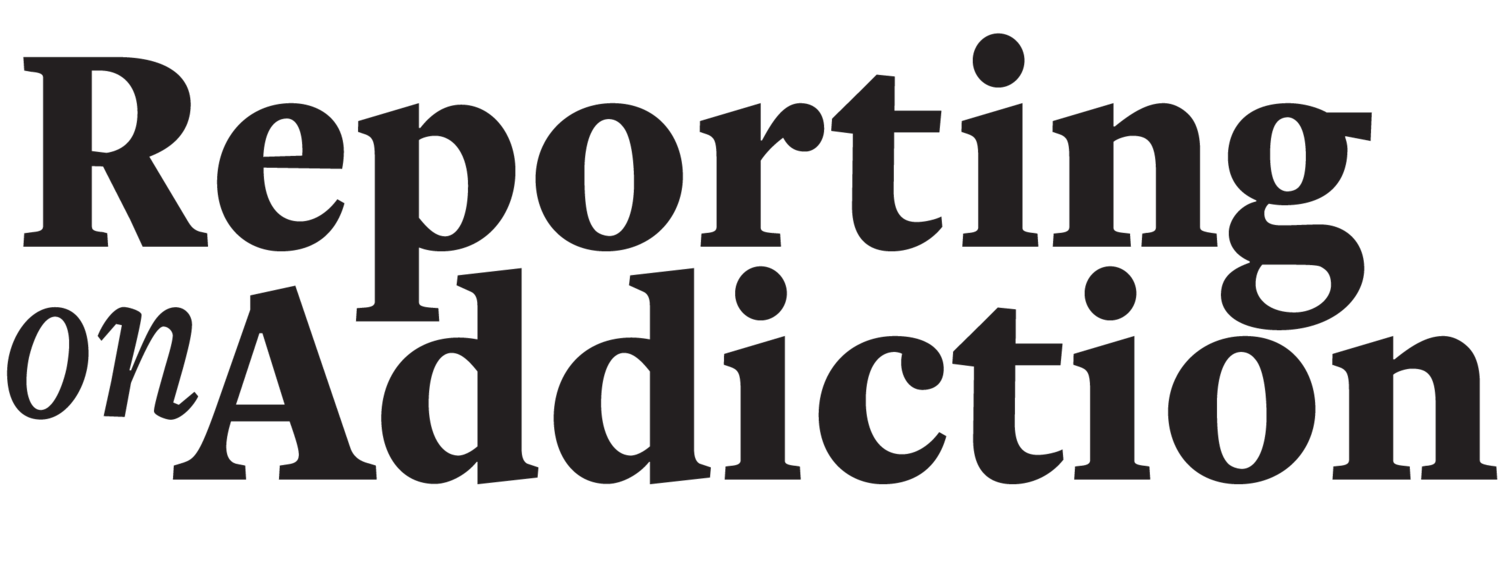About Us
Reporting on Addiction is a collaboration of the Opioid Policy Institute and 100 Days in Appalachia, launched in 2021 to improve journalism about addiction.
100 Days in Appalachia
Opioid Policy Institute
Our Team
Ashton Marra, MS
Ashton Marra is the executive editor of 100 Days in Appalachia, a nonprofit, collaborative newsroom telling the complex stories of a region that deserve to be heard. She is also a teaching assistant professor at West Virginia University where her expertise lies in news writing, video storytelling and social media.
Jonathan JK Stoltman, PhD
Jonathan JK Stoltman is director of the Opioid Policy Institute and co-founder of Reporting on Addiction. In 2019, he completed his PhD in Lifespan Developmental Psychology from West Virginia University and has worked as a researcher focusing on addiction treatment and recovery since 2013.
Mishka Terplan, MD MPH
Dr. Mishka Terplan is board certified in both obstetrics and gynecology and in addiction medicine. His primary clinical, research and advocacy interests lie along the intersections of reproductive and behavioral health. Dr. Terplan is nationally recognized as an expert in the care of pregnant and parenting people with substance use disorder and central to developing guidance for care in the field.
Kristen Uppercue, MS
Kristen Uppercue is the deputy editor of special projects at 100 Days in Appalachia, a nonprofit, collaborative newsroom telling the complex stories of a region that deserves to be heard. She is also the project manager of the Rural Digital Youth Resiliency Project, an independent, nonprofit investigative reporting and research organization that advances public understanding of the unique risks that America’s rural youth face online.
Our Journey
Reporting on Addiction started as conversations between our founding partners during the summer of 2020. We came together with a shared interest in improving reporting on addiction to reduce the stigma and discrimination faced by people who use drugs, are in treatment or in recovery, and officially launched in September 2021 as part of national Recovery Month.
Due to our unique strengths and experience, our partnership has the opportunity to impact both current members of the media and help improve the training for the next generation of journalists to effectively break the cycle of addiction stigma perpetuated by the media.
Problem: Few people can access evidence-based addiction treatment, even more so for historically excluded people and people who live in rural parts of our country. These barriers are the direct result of the intersections of stigma associated with addiction, incarceration, minority status, economics and gender.
Our Solution: We conducted a thorough review of existing initiatives related to stigma and the media. After identifying gaps in the current efforts and previous successes from allied movements, we convened three focus groups with representation from diverse populations to steer our project. They included experts in the field (addiction scientists, clinicians, researchers, etc.), community advocates (providers, peer recovery coaches, harm reduction programs, etc.), and journalists who represented local, regional and national publications across mediums (print, digital, radio and television).
As a result of this work, we’ve crafted resources, begun training professional and student newsrooms, piloted journalism curriculum, and are training networks of subject matter experts – through both training and lived experience – to work with the media.
By working with journalists, we aim to have a substantial impact on how the media reports on addiction. We want media coverage that:
Lets people know there is hope by using our suggested story tag:
Recovery from addiction is possible. For help, please call the free and confidential treatment referral hotline (1-800-662-HELP) or visit findtreatment.gov.
Leverages experts from your community and across the nation to help guide reporting to be more reflective of the current science.
Discusses the complicated nature of this disease, including the progression and various routes to treatment and recovery.
Treats people with substance use disorders as people by using empathetic reporting.
Deliberately uses words that are not associated with negative beliefs towards people who use drugs, are in-treatment, or recovery.
Talks about the many barriers to treatment and during recovery.
Access our training resources for journalists here, for educators here, and for experts here. And request a training here.






